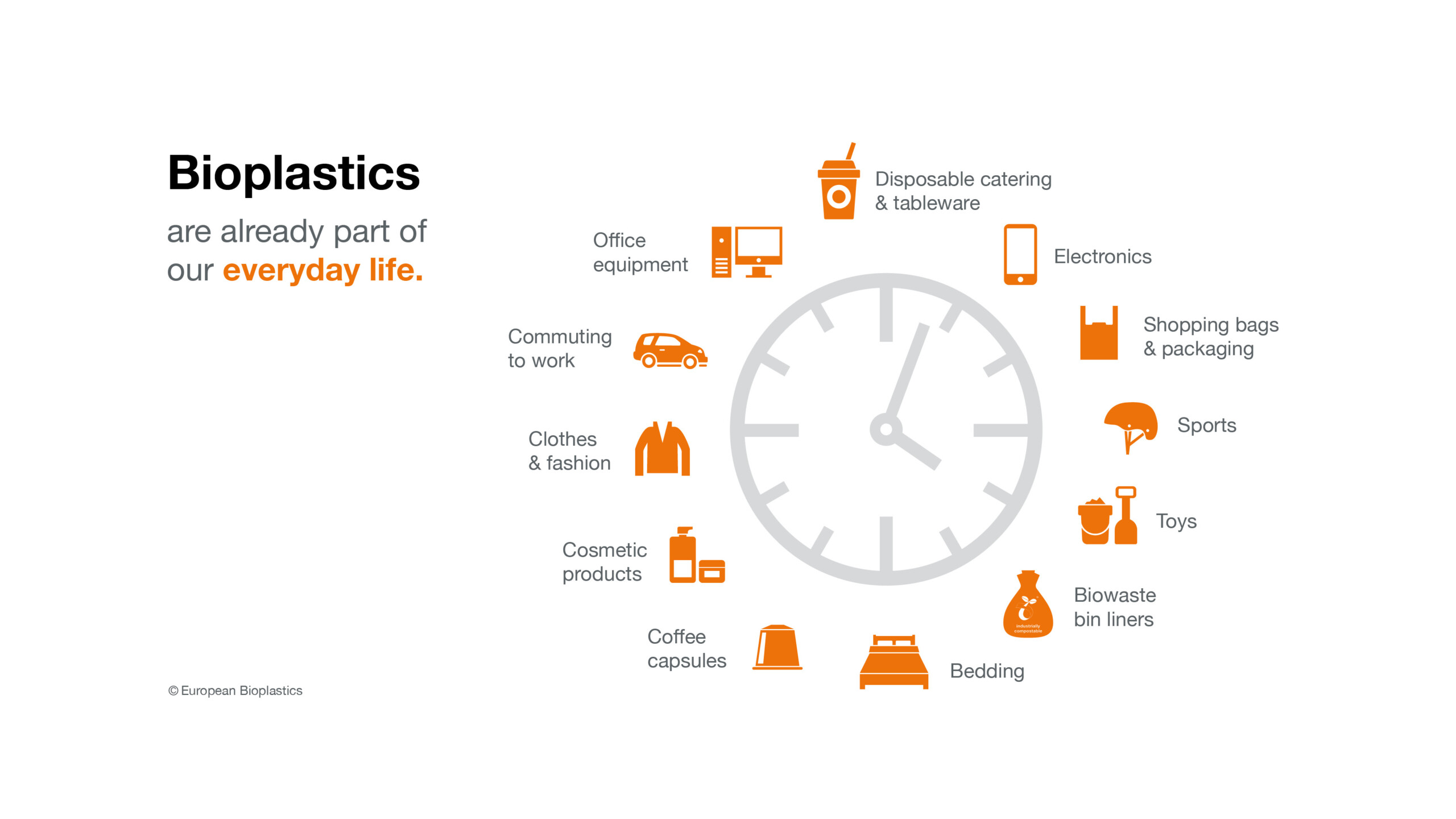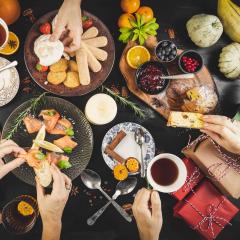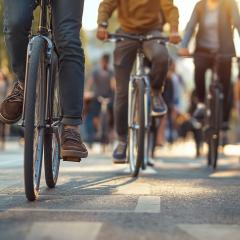Plastic is everywhere in our daily lives. From the moment you wake up, you’re likely to use it a dozen times before you even leave the house (your phone charger, the milk bottle, your toiletries, your toothbrush … examples abound).
As a material, it is deeply embedded in almost all our activities and surroundings. And the amount of plastic waste is increasing exponentially, as is its production.
Annual plastic production doubled in the 20 years to 2019, according to Global Plastics Outlook, a comprehensive report published in 2022 by the Organisation for Economic Co-operation and Development (OECD). Annual plastic waste more than doubled, based on the same report.
In other words, not only are we making more plastic, but we’re wasting even more of what we make than ever before.
The bigger plastic picture
Most of us understand that plastic waste is a problem and many of us would like to do more about it. But action sometimes feels impossible in the face of such widespread usage. Can our small changes really make a difference?
Yes, they can, according to Associate Professor Steven Pratt, from the UQ School of Chemical Engineering.
“Everyone has a role to play in tackling plastic pollution,” he says.
“Companies, governments, research organisations, communities and individuals must all work together to solve the complex and multi-faceted challenges that plastic presents.”
The OECD report agrees, addressing global actions required in areas including public policy, regulation, scientific innovation, commercialisation and international trade, alongside individual consumption trends.
The ‘new plastics economy’
Associate Professor Pratt is Director of a UQ-led initiative, the Australian Research Council (ARC) Training Centre for Bioplastics and Biocomposites.
He says the Centre investigates bioderived and biodegradable plastics across the value chain, with research in areas from source materials and fabrication through to end-of-life solutions. They are also focused on upskilling and training in bioplastic capabilities for the future.
“At the Centre, we absolutely agree that the way the world currently uses and manages plastics is not sustainable and has environmental consequences.
“We start from a place of reducing plastic consumption, re-purposing wherever possible and recycling.
“But on top of that, we know that there are plastic uses around the world where it’s difficult to re-use the material (such as agricultural and other outdoor uses, where the plastic is soiled).
“There are also many situations where there aren’t really current safe and scalable alternatives to plastic (such as packaging for food preservation, clinical equipment in medical settings, and so on).
“So, there might be instances where it’s nice to also have bioplastics as part of the ‘new plastics economy’.”
What is bioplastic?
Bioplastic means different things to different people and can encompass a broad set of materials, Associate Professor Pratt explains.
Ideally, though, bioplastic should meet two main criteria, he says:
- Are the source materials bio-derived and biodegradable? (Meaning, are they made from plant-based inputs as raw material?)
- What happens to the materials at end-of-life? Is the end-product also biodegradable? If so, in what timeframe? And where?
While there are also some plastics that might be still derived from fossil fuels but with potentially better end-of-life options – and other plastics that are made from plant-based materials but then don’t biodegrade – the Centre aims to focus on bioplastics that satisfy both of the above criteria.
Bioplastics in your daily life
Overall, bioplastics remain in comparatively early stages of commercial adoption. Global production of biodegradable plastic was quoted as being less than 0.3% of total plastics, in the OECD report.
But you will see some bioplastic in your daily life. Rather than there being one dominant market, current penetration is more at the stage where you might find “a few examples of bioplastic in lots of different scenarios or industries”, Associate Professor Pratt says.
“Coffee cup lids are one example,” he notes.
“It is increasingly common to have biodegradable takeaway lids, but they are also an example of why it’s important to understand how the process works.
“Most biodegradable lids can only degrade in certain environments, which would definitely not include a location like your home garden bed. At home, a lid would take several years to break down and probably still leave some plastic fragments.”
Other common bioplastic examples in daily life include bin bags, some packaging for food or medical supplies, materials in home fertilisers (replacing slow-release plastic pellets), some children’s toys and more.
This chart from European Bioplastics, a not-for-profit association representing the bioplastic industry, shows a number of other everyday scenarios in which you might find bioplastics.

A multi-faceted strategy
As the OECD report emphasises, there is no single solution to the world’s plastic waste problem.
With so many different types of plastic – all of which have different lifetimes, recyclability, risks and benefits – a granular approach is needed to drive effective change. Bioplastic is just one part of a multi-faceted global strategy.
The OECD report identifies four critical levers at a macro level that governments and institutions can consider to support global initiatives to tackle plastic pollution:
- Develop recycled plastics market: this involves production of ‘secondary plastics’ (i.e. new plastic created from recycled plastic materials)
- Boost innovation for circular plastics lifecycle: this refers to reducing the amount of primary plastics needed, prolonging the useful life of products and facilitating recycling
- Strengthen ambition of domestic public policies: the report recommends a three-tiered policy pathway to assist countries to prevent plastic waste leakage, incentivise recycling and enhance sorting, and restrain demand and optimise design to make plastic value chains more circular and recycled plastics more competitive
- Strengthen international cooperation: with a similar goal to make plastic value chains more circular and achieve net zero plastic leakage into the environment, across borders.
What else can you do?
A good start is to understand all the options available to you in your local town or city to help reduce plastic waste, manage its environmental impact and make informed plastic usage decisions.
For Brisbane residents, Brisbane City Council offers information on the many different types of plastic waste and tips for reducing plastic waste in your home, as well as general recycling advice.
In Gatton, the Lockyer Valley Regional Council offers general guidance on home recycling and waste management in their waste and recycling handbook.
In collaboration with Australian law firm Corrs Chambers Westgarth, the ARC Training Centre for Bioplastics and Biocomposites also recently published a discussion paper on biodegradable plastics as part of the new plastic economy.
Among other topics, the paper looks in detail at challenges around education and labelling of bioplastic products and suggests some potential solutions to address current gaps in public awareness and knowledge.



